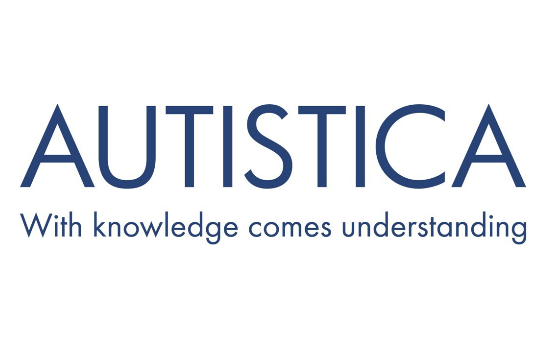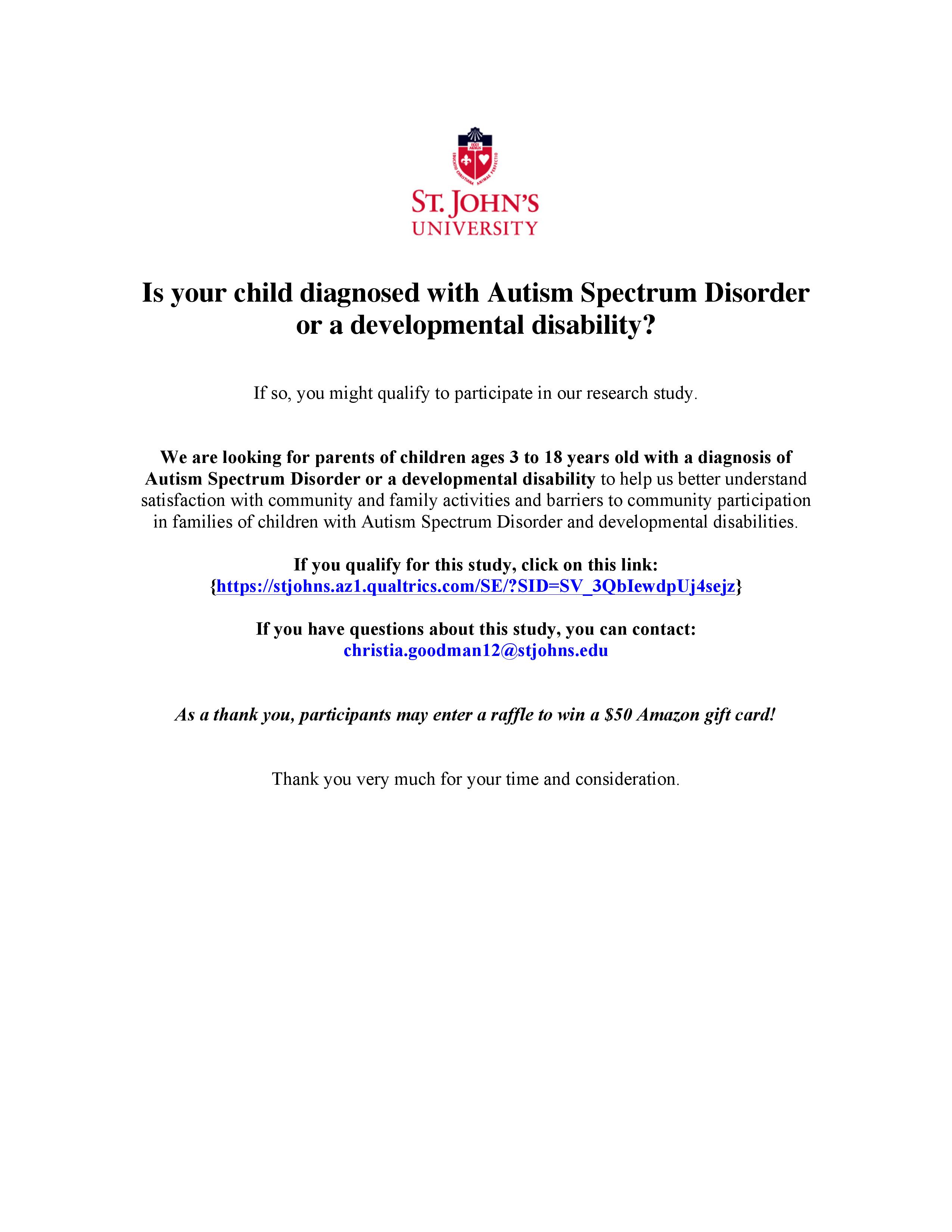Dr. Sonya Doherty has very kindly allowed us to republish this fascinating article on autism and inflammation. She is a licensed and board certified Naturopathic Doctor who is an active member of the CAND. Sonya Doherty completed her undergraduate training at the University of Western Ontario in a Bachelor of Science Honors Kinesiology program. Very experienced in the field of autism you can access her website here.
If you have any questions about the article please feel free to ask them in the comments section at the bottom of the page.
According to recent estimates by the Centre for Disease Control (CDC), 1 in every 68 children has autism. Autism is a complex neurological disorder previously thought to be a mental health issue but mounting evidence is showing significant medical aspects to this growing neurodevelopmental disorder. A study at Johns Hopkins published in 2005 identified that people diagnosed with autism experience inflammatory changes in their brain tissue. This finding was crucial because it was a major step forward in redefining autism as a medical disorder that is may be treatable and reversible.
This article will briefly review some of the potential causes of brain inflammation and treatments that are being used successfully to help children today. With a 30% rise in autism in the last two years, parents are eager to see research translate into treatments that can address medical issues like constipation and diarrhea, as well as advanced approaches that improve social, language and cognitive development.
How do methyl B12 injections help with inflammation?
Jill James, a PhD biochemist at the Arkansas Children’s Research Institute has identified that 90% of children diagnosed with autism have methylation impairments. So, what does that mean? Methylation is the process that supports development in the body. When babies are conceived, they are not methylated. As babies develop, methylation makes sure the brain develops properly and is protected against toxicity. Impairments in this cycle stop the production of a brain antioxidant called glutathione. Antioxidants protect the body and glutathione is the head honcho when it comes to protecting the brain. In fact, depletion of glutathione is also one of the medical aspects of autism and is up to 80% decreased in the disorder.
Methylation is fueled by methyl donors and one of the best ways to improve how this cycle functions is by injecting methyl B12. Dr. James Neubrander was the first physician to use methyl B12 to help children with autism. What he noticed after injecting his first patient is what hundreds of practitioners have observed since, improved language, social and cognitive skills. Methyl B12 injections help to remove inflammation by improving glutathione production.
Glutathione is important throughout the body but in the brain, it is the rate limiting step which means are it decreases; it is exactly like a battery. The lower the glutathione, the more the brain is at risk for developmental concerns.
Why is your child’s digestion so important in regulating inflammation?
It is estimated that up to 85% of people with ASD have digestive issues including chronic constipation, diarrhea, reflux, esophagitis and pain. Research from the National Institute of Health, Human Microbiome Research Project has identified that the gut is 100% responsible for post-natal development. Microbiome is the term to describe the intricate ecosystem of microbes that populates our intestines. These microbes include good bacteria that help with nutrient absorption, as well as regulation of inflammation and immune function. Other research coming out of the microbiome project has shown that children with ASD have 25% less bacterial diversity, meaning that they lack important good bacteria that work to support development in many ways including production of neurotransmitters and genetic expression. Studies by Dr. Sidney Baker have found that the stool of children with autism shows higher amounts of certain bacterial species (Clostridia, Bacteriodetes, Desulfovibrio) than may cause harm to the brain by creating more inflammation.
How do special diets help inflammation?
For me, special diets are a strategy to improve both methylation and gut health. The most well-known “autism diet” is GFCF. Gluten free, casein free. This diet removes all sources of gluten and dairy. While there are multiple mechanisms by which removing these foods may help, the most important is that gluten and dairy stop the production of glutathione. One of the other ways gluten has also been shown to cause inflammation through stimulation of zonulin which increases gut permeability. Usually, the gut cells are bound closely together, the space between them closely regulated. Gluten creates inflammation is by causing the separation of gut cells by the activation of zonlulin. Discovered in 2000 by Dr. Alessio Fasano, zonlulin causes the space between the cells to open, allowing parts of gluten to escape into the blood stream. This process causes inflammation by allowing what should stay in the gut, out into circulation.
In my opinion, the most effective diet for improving symptoms of autism is the Specific Carbohydrate Diet. Co-founder of Defeat Autism Now!, Dr. Sidney Baker agrees that this dietary approach is the most comprehensive way to healing the gut. The fortification of folic acid in our grains (which are all removed in the SCD approach) also slows the methylation cycle. Removal of grains supports the methylation cycle and its production of glutathione. Research is showing that limiting complex carbohydrates could play a crucial goal in balancing the good bacteria in the digestive tract. Research by Dr. Derrick MacFabe on the bacteria Clostridia, is helping to build a strong case for dietary carbohydrate restriction as a way to decrease the impact unbalanced gut flora has on the brain, behaviour, social interaction and cognitive function. The Gut and Psychology Syndrome book is a fantastic resource for anyone embarking on dietary carbohydrate restriction. Written by a neurologist with a masters degree in nutrition, it is a powerful book that explains the dietary approach that helped to recover her own son from autism.
What is causing brain inflammation in autism?
Moms who have the flu during pregnancy are at increased risk of their children having autism. Viruses activate the immune system in the brain. The Johns Hopkins study that identified inflammation in the brain also identified immune activation. Termed, microglia, the immune system in the brain can turn “on” in response to a virus. For most of us, the immune system turns on, and then we actually have a low level of brain damage which is then repaired by the brain. In autism, this microglial activation doesn’t shut off and causes massive issues with managing inflammation in the brain because of too much of the most abundant chemical messenger in the brain – glutamate. This is termed IMMUNOEXCITOTOXICITY. Broken down, this term explains that chronic activation of the IMMUNE cells (microglia) can cause the brain to become EXCITED to the point of TOXICITY. At this point, the brain will not function normally and the excess glutamate that is causing the excitement causes damage.
Dr. Russell Blaylock, the neurologist who first postulated that IMMUNOEXCITOTOXICITY may be the central mechanism in autism, believes that both environmental toxicity and infectious agents can “prime” the immune cells in the brain. Once “primed”, these cells will release higher amounts of glutamate. After priming, the next time the glia are put on high alert from a toxin, infection or by metabolites from unhealthy gut bacteria, the release of large amount of glutamate can have disastrous consequences for the brain.
Research around the world is striving to make sense of the staggering rise in autism. Inflammation is a medical issue and research in this area offers hope that as we learn more, the causes can lead to successful prevention and treatment. In the meantime, Dr. Dan Rossignol and the faculty at the Medical Academy of Pediatric Special Needs (MAPS) are training medical professionals from around the world on biomedical treatments that can be used to prevent and treat developmental delays. Many of these treatments focus on decreasing inflammation and improving the organ systems, like the gut, that manage the inflammatory process. By addressing unbalanced microbes in the gut and reducing the impact of toxins, MAPS trained practitioners are able to decrease the excess excitement in the brain, improving social, language and cognitive potential in children diagnosed with autism.




